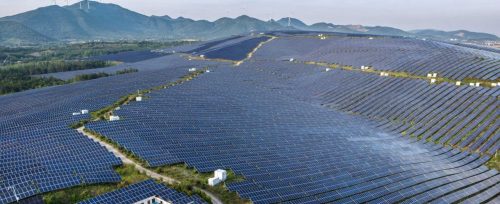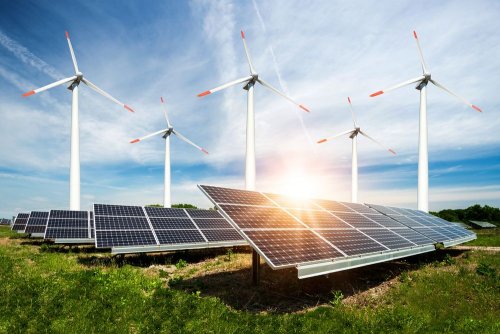Researchers at the Northeast China Forestry University have developed a biodegradable bamboo plastic that has increased heat resistance and strength. It can decompose in the soil within 50 days.
This is reported by Interesting Engineering.
According to the scientists, they have developed a non-toxic method based on an alcohol solvent that allows them to dissolve bamboo cellulose to the molecular level and then direct the cellulose molecules to reassemble and form a durable plastic. During the dissolution process, the cellulose is chemically modified, which promotes the formation of a strong molecular network during regeneration.
The bamboo plastic was tested and compared with widely used commercial plastics. In particular, with plastic based on polylactic acid and impact-resistant polystyrene.
Instead, the scientists added that plastics made from organic biomass (such as bamboo composite plastics) are still promising for replacing traditional petroleum-based plastics.
“This plastic surpasses most commercial plastics and bioplastics in mechanical and thermomechanical properties, while maintaining complete biodegradability in soil within 50 days and suitability for closed-loop recycling with 90% strength retention,” the researchers emphasized.
According to experts, bamboo is an environmentally friendly material, and it provides the possibility of industrial scale. In particular, a method of producing biodegradable plastic can help turn bamboo pulp into high-performance eco-materials.
We remind EcoPolitic readers that the 2025 Nobel Prize in Chemistry was awarded to Susuma Kitagawa, Richard Robson, and Omar Yaggi for the creation of metal-organic frameworks (MOFs) that effectively absorb CO2. In particular, the innovation is capable of accumulating hydrogen and purifying water.
MOF frameworks combine metal ions and organic links to form a crystal lattice with numerous micropores. This porosity allows molecules of gases or liquids to penetrate and stay inside. In this way, MOFs can act as a "sponge" to capture greenhouse gases at the molecular level.




